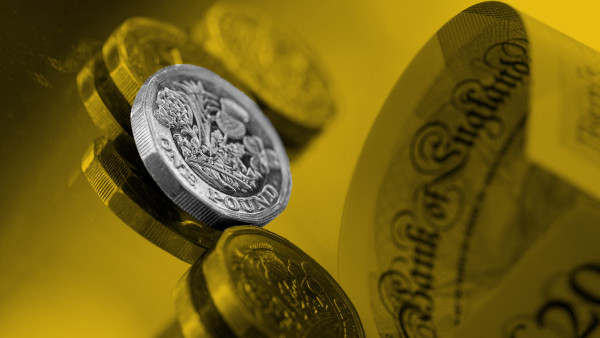

Investors piled nearly £3bn into active funds in April as markets began to climb amid the coronavirus crisis — almost double the amount invested in their passive counterparts.
Data from the Investment Association, published today (June 4), showed active funds saw net flows of £2.7bn in April, while investors put just £1.4bn of their cash into passive funds.
This is a dynamic u-turn from how investors approached their fund selection in March, when they fled active portfolios to the tune of £9.6bn and instead piled £950m into passive mandates.
Ben Yearsley, investment consultant at Fairview Investing, said the trend towards active management did not surprise him.
He said: “This kind of environment should be the perfect opportunity for stockpickers. You look at some of the movements within the market and it’s been phenomenal.
“Some index funds are up about 20 per cent but some active funds have bounced 49 per cent.”
But Alistair Cunningham, financial planning director at Wingate Financial Planning, thought the disparity between active and passive funds was down to the fact those who pursue a passive strategy were more likely to “buy and hold”.
Overall, April saw £4bn returned to retail funds after record outflows of £8.7bn in March.
April’s inflows were the second highest in a month in the past year — besides December — and significantly more than the £1.2bn measured for April last year.

Martin Bamford, head of client education at Informed Choice, said investors were now “largely over the shock” of the extreme market volatility in the early days of the coronavirus pandemic and were now “willing to invest”.
Global equity funds saw the highest level of inflows with net sales of £1.2bn, while £1bn was placed into UK funds — the highest since the ‘Boris bounce’ post-general election in December.
Investors also put £220m into Asia funds, but pulled money from every other region.
Mr Yearsley said: “The UK is still the cheapest market other than Japan, and it’s your home market so a lot of people will back it.
“It’s also still got some way to go in terms of recovery while the US looks overdone.”
Darius McDermott, managing director of FundCalibre, agreed, adding a lot of investors would have “underweight” in terms of the UK for some time.

Bond funds gathered £900m of assets and was the second best-selling asset class after equities, while mixed asset funds also saw £872m of inflows.
Money market funds and property funds both saw positive flows of £154m and £52m respectively, meaning targeted absolute return and volatility managed funds were the only asset class to experience net outflows.
According to the IA, responsible investment funds saw net inflows of £970m, bringing their overall share of industry funds under management to 2.4 per cent.
imogen.tew@ft.com
What do you think about the issues raised by this story? Email us on fa.letters@ft.com to let us know.



